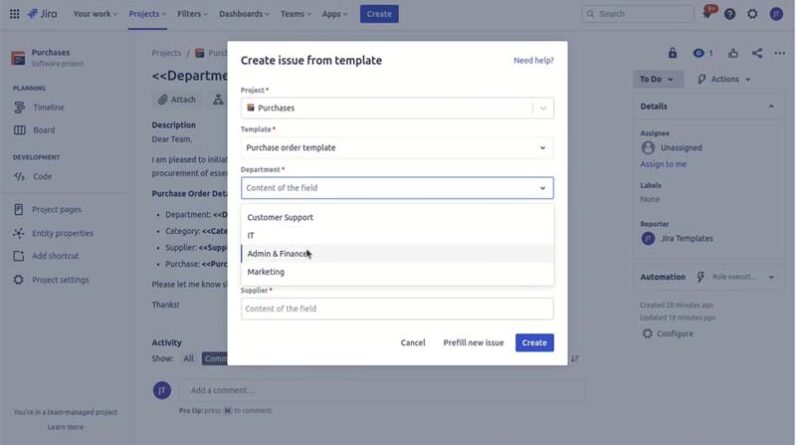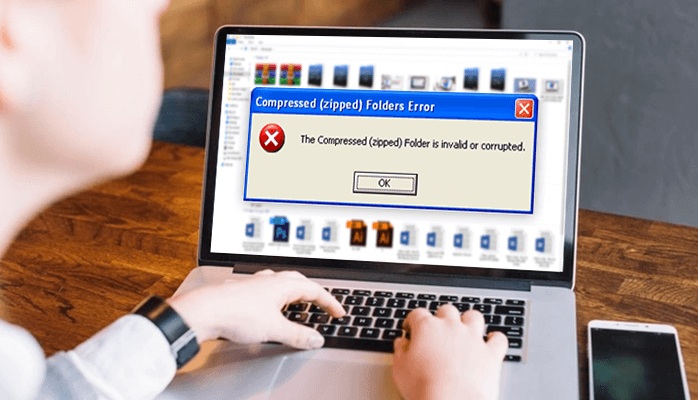
For many years, enterprise technology has been the crux of organizations worldwide helping to bridge key business processes. Simply put, enterprise technology has been proving to be a boon to bring all your critical business operations under one unified platform. Nevertheless, businesses today stand a chance to taste the wave of digitization that is taking the enterprise technology landscape by a storm.

So is it time to wake up to the idea of embracing the digital wave when it comes to enterprise technology?
What exactly is digitization?
Digitization is an all-inclusive term that spans across several aspects pertaining to the technological revolution in the business ecosystem. However, businesses that succeed in the race of digitization are actually the ones that prefer to walk hand-in-hand with the changing face of enterprise technology as we see it.
Technology especially the enterprise tech has hit its tipping point today, since the market is submerged with a range of options to pick from. For example, today we have access to next-gen ERP solutions in the form of mobile ERP, cloud ERP, etc. helping enterprises stay abreast with the digitization wave.
EPR and Digitization!
ERP systems play an integral role when it comes to managing backend processes, finances/accounting, inventory, etc. However, having multiple enterprise management systems eats up a whole lot of time and efforts thus, affecting a company’s operational efficiency. This triggered the need to have unified or centralized ERP systems in place Guest posting sites that can bring all the critical business operations under one platform. This is where digitization in the enterprise technology helps to open up doors for improved business intelligence/analytics, integration and migration bringing together multiple packets of data all throughout an enterprise.
In an attempt to address this growing concern, enterprise technology vendors have shifted their focus to more service-oriented and flexible ERP architecture that can be implemented in a modular manner. One of the prominent advantages of a modular ERP software is its ability to fragment each function. Reason being the fact that the ‘one-size-fits-all’ approach doesn’t work with ERP systems anymore. Contrary to fact, ERP solutions today support multiple modular interfaces, which makes it easy to run several applications at once in a seamless way, since changes in one module won’t affect other modules.
As a matter of fact, a good number of ERP solution providers are waking up to the idea of emerging tech trends such as Artificial Intelligence (AI), machine learning, big data, IoT (Internet of Things), etc. Imagine if a business can harness the power of machine learning and AI for automating its accounts payable process write for us technology.
Even though the old-school approach might still sound appropriate when we talk about core ERP solutions, it is time we explore and test run new models that are agile and service-centered.
Understand that there is a lot an ERP system can offer which goes beyond core business processes and digitization of the enterprise technology ecosystem is helping us get there.
Author bio:
Anwar Shaikh writes about cloud computing, business intelligence and enterprise technology tools such as CRM, ERP and payroll software. A self-made and reared up writer, Anwar writes for Sage Software Solutions Pvt. Ltd., a leading provider of cost-effective and user-friendly enterprise management solutions to small and mid-sized businesses in India.






